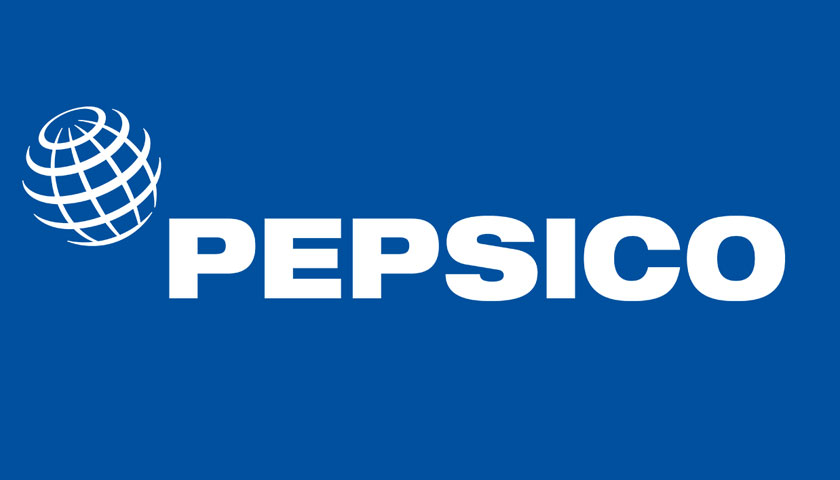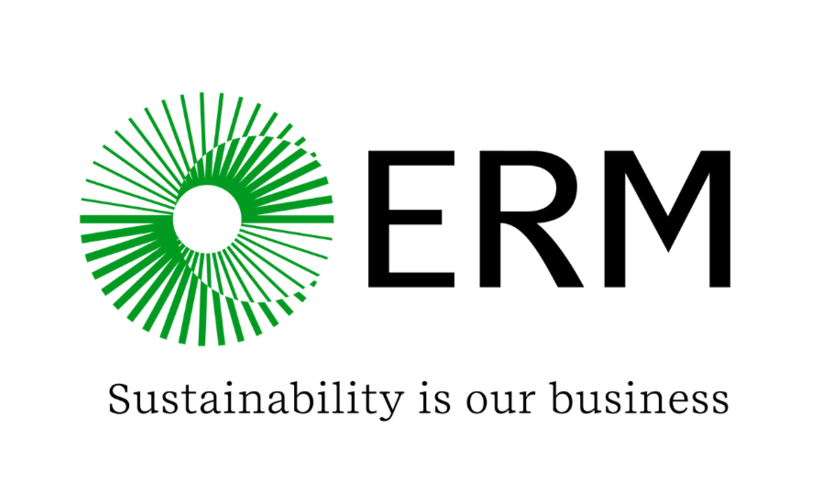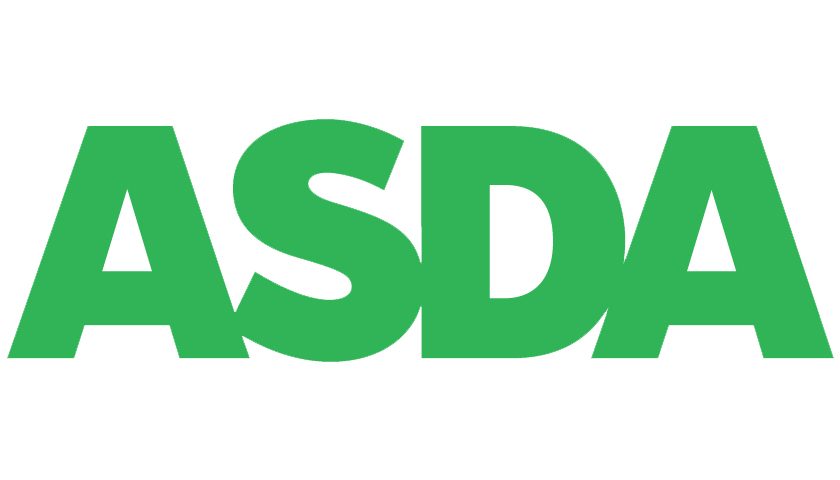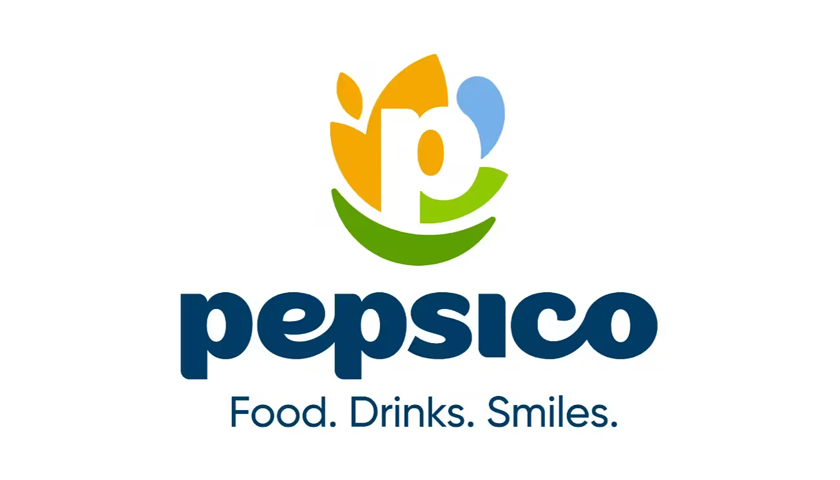PepsiCo, Inc. has published its 2022 Environmental, Social, and Governance (ESG) Summary, sharing the first full year of reporting since the launch of PepsiCo Positive (pep+) in 2021.
pep+ is an end-to-end transformation program touching virtually every aspect of PepsiCo’s business – from how ingredients are grown; to how its iconic portfolio of products are made, moved and sold; to what choices are offered to consumers. pep+ is the framework through which all actions on setting and working toward ESG targets are driven.
In 2022, the company reported significant progress on its nutrition, agriculture, social (people and communities), water-use efficiency and safe water access goals. PepsiCo continues working toward driving down climate emissions and the use of virgin plastic.
PepsiCo reported the following results:
- For the second year, 75% of its convenient foods portfolio volume1 did not exceed 1.1 grams of saturated fat per 100 calories
- PepsiCo initially achieved this goal in 2021, four years ahead of schedule.
- Further reduced added sugars and sodium in its portfolio of products in 2022
- PepsiCo has 56% of its beverage portfolio volume2 containing less than 100 calories from added sugars per 12-ounce serving, up from 53% in 2021.
- PepsiCo now has 68% of its convenient foods portfolio volume3 at or below 1.3 milligrams of sodium per calorie, up from 66% in 2021.
- More than doubled its regenerative farming footprint in 2022 to greater than 900,000 acres globally4
- PepsiCo has helped farmers become more resilient and has reduced carbon emissions from agriculture by more than 330,000 metric tons – the equivalent of taking more than 73,000 cars off the road for a year.
- Surpassed the company’s goal to achieve 10% Hispanic representation in U.S. managerial positions
- PepsiCo has met this goal three years early.
- Improved water-use efficiency by 22% in operations since 2015 in high water-risk areas5
- PepsiCo is now approaching its 2025 goal of 25%.
- Provided safe water access to another 12 million people in 2022
- PepsiCo has now provided safe water access to more than 80 million people since 2006.
Commenting on PepsiCo’s approach to engaging farmers and leveraging regenerative agriculture practices to address climate change, National Association of Wheat Growers CEO Chandler Goule said, “PepsiCo is at the forefront, demonstrating how food companies and producers can collaborate effectively to cultivate sustainable, affordable, and safe food. PepsiCo has made meaningful investments in agriculture, and they have led the way in engaging growers from the outset to ensure sustainability objectives are both attainable and mutually beneficial.”
The company acknowledged that it aspires to greater progress for packaging and emissions reductions. PepsiCo is working on plans to help advance its goals in these areas, prioritizing actions which are expected to make the biggest difference.
Commenting on the results, Jim Andrew, Chief Sustainability Officer, said: “Decoupling our business growth from our resource use is always going to be difficult but meeting our long-term targets is critical and we are rapidly learning how and where we need to adjust. We issued $2.25 billion in green bonds since 2019, and we have made – and will continue to make – substantial investments toward key parts of our pep+ agenda, including becoming net zero and reducing the use of virgin plastics. We will also work diligently to remove barriers to progress, many of which are regulatory in nature. The challenges to addressing systemic issues are enormous and it will take a multi-stakeholder approach to get to where we all want to be.”
Additional perspective from Chairman and Chief Executive Officer, Ramon Laguarta, and Jim Andrew about the progress toward PepsiCo’s planet and people goals, and the urgency of collective action to address systemic change, is provided in a video message.
PepsiCo is committed to providing transparent reporting and has been recognized by Corporate Secretary’s Corporate Governance Awards for three consecutive years, as “Best ESG Reporting” for a large cap company.
Complementing the 2022 ESG Summary, PepsiCo also published details on its approach and progress for more than 50 topics on the ESG Topics A-Z webpage. This year’s digital summary and all associated downloadable assets are available here.
For more information, please contact pepsicomediarelations@pepsico.com
About PepsiCo
PepsiCo products are enjoyed by consumers more than one billion times a day in more than 200 countries and territories around the world. PepsiCo generated more than $86 billion in net revenue in 2022, driven by a complementary beverage and convenient foods portfolio that includes Lay’s, Doritos, Cheetos, Gatorade, Pepsi-Cola, Mountain Dew, Quaker, and SodaStream. PepsiCo’s product portfolio includes a wide range of enjoyable foods and beverages, including many iconic brands that generate more than $1 billion each in estimated annual retail sales.
Guiding PepsiCo is our vision to Be the Global Leader in Beverages and Convenient Foods by Winning with pep+ (PepsiCo Positive). pep+ is our strategic end-to-end transformation that puts sustainability and human capital at the center of how we will create value and growth by operating within planetary boundaries and inspiring positive change for planet and people. For more information, visit www.pepsico.com, and follow on Twitter, Instagram, Facebook, and LinkedIn @PepsiCo.
1/2/3 As of 2022, results based on Top 26 Beverage markets representing 78% of our global beverages volume and Top 23 Convenient Foods markets representing 86% of our global convenient foods volume. Results reflect exclusion of Be & Cheery portfolio.
4 PepsiCo considers an acre as delivering regenerative impact when the adoption of regenerative agriculture practices results in quantified improvements in at least two of the environmental impact areas, with a preference for GHG to be one impact area.
5 Measured from a 2015 baseline, against a target of 25 percent by 2025.



